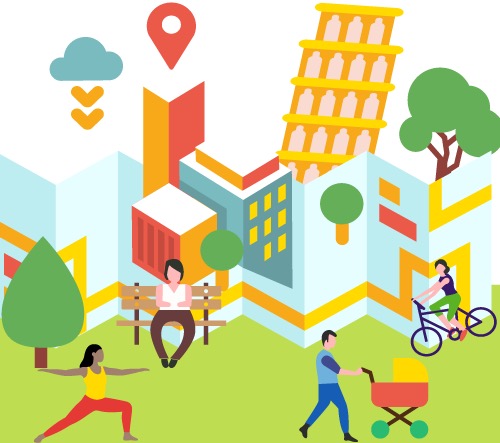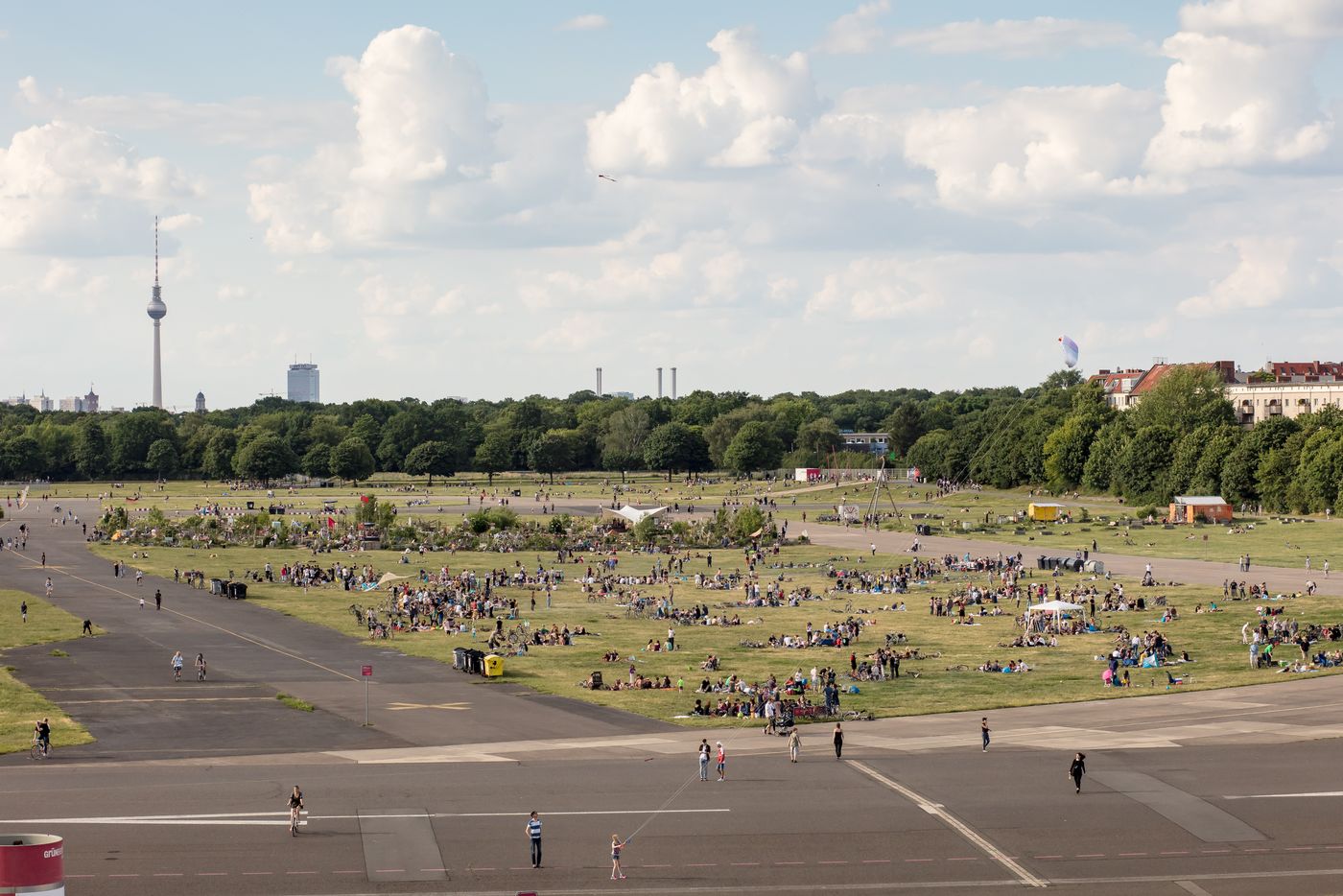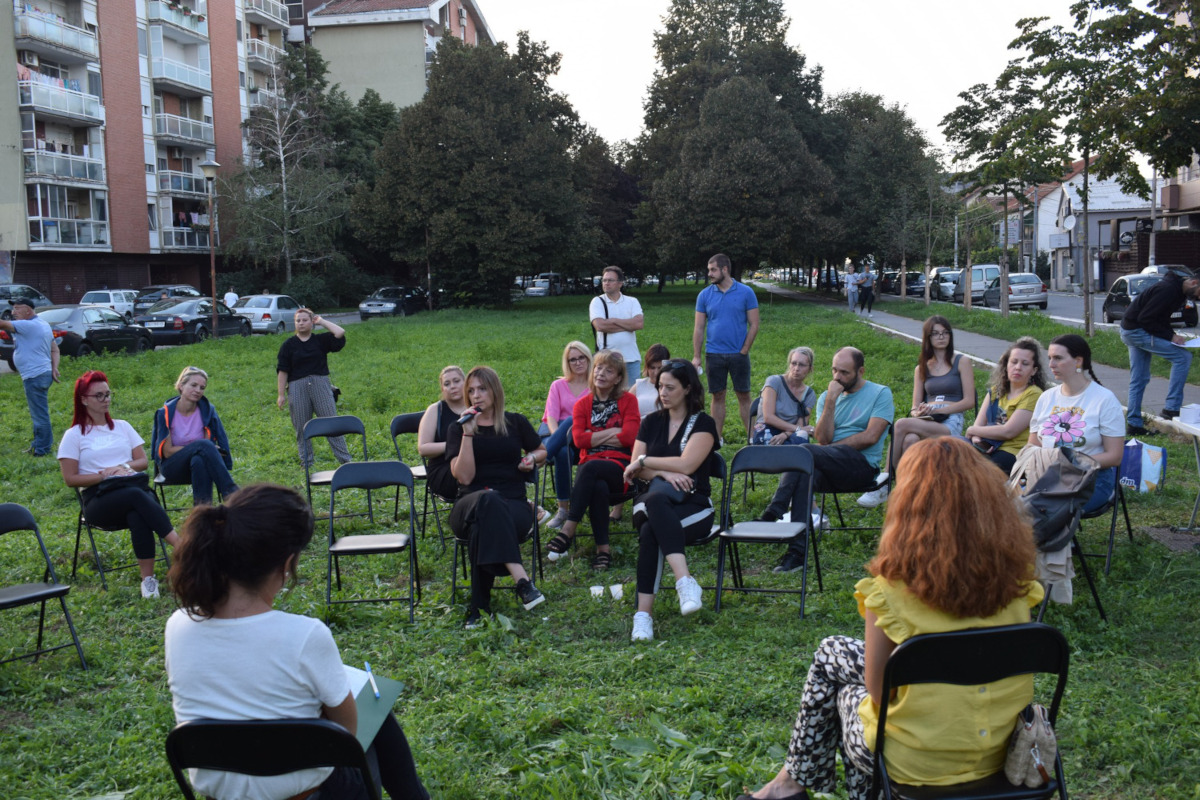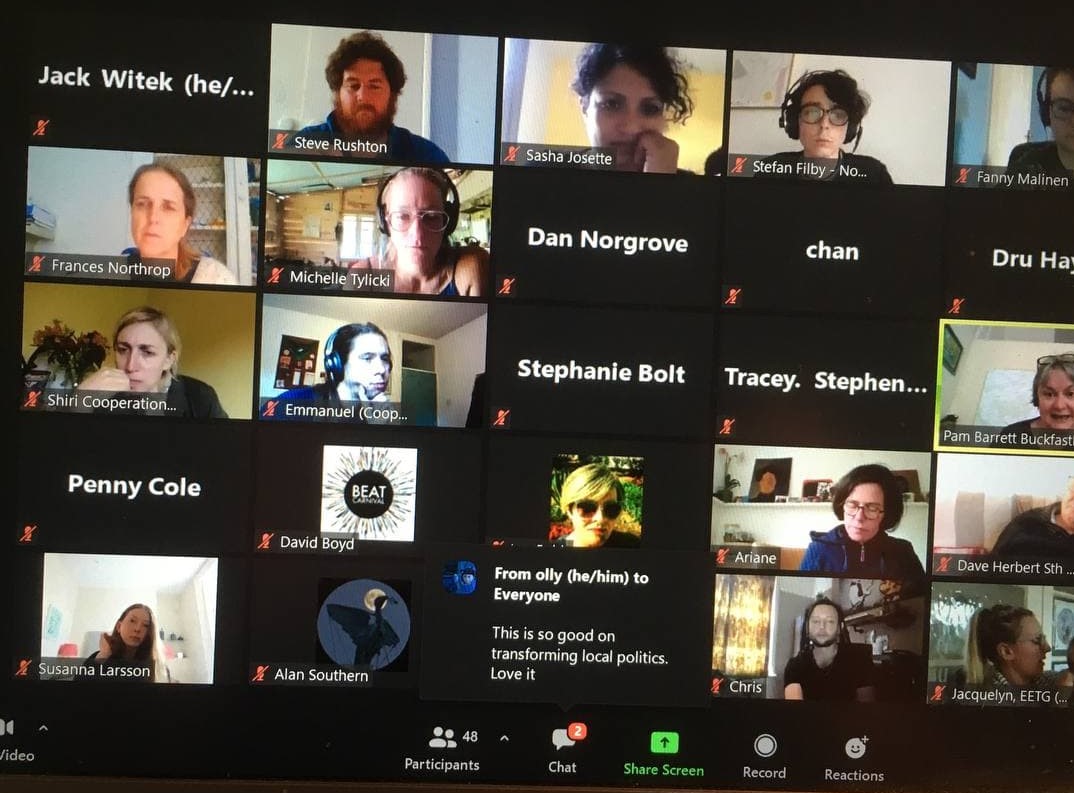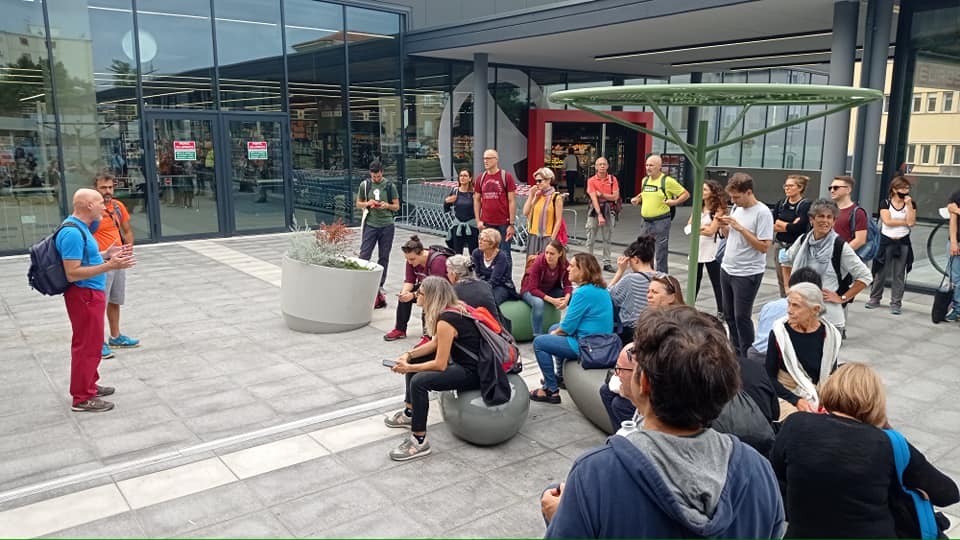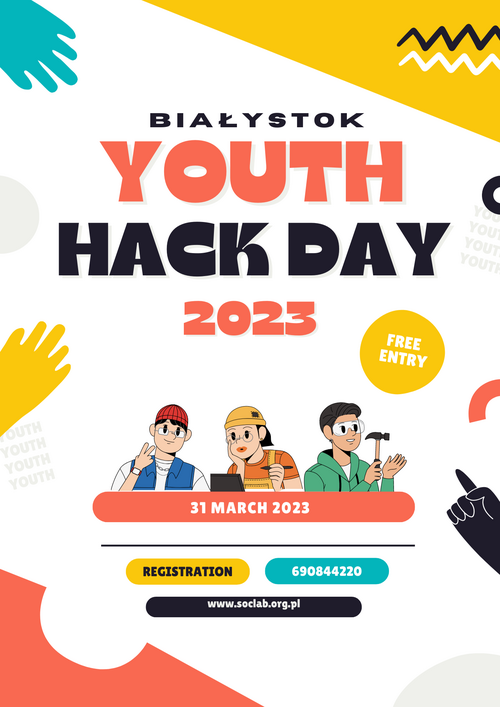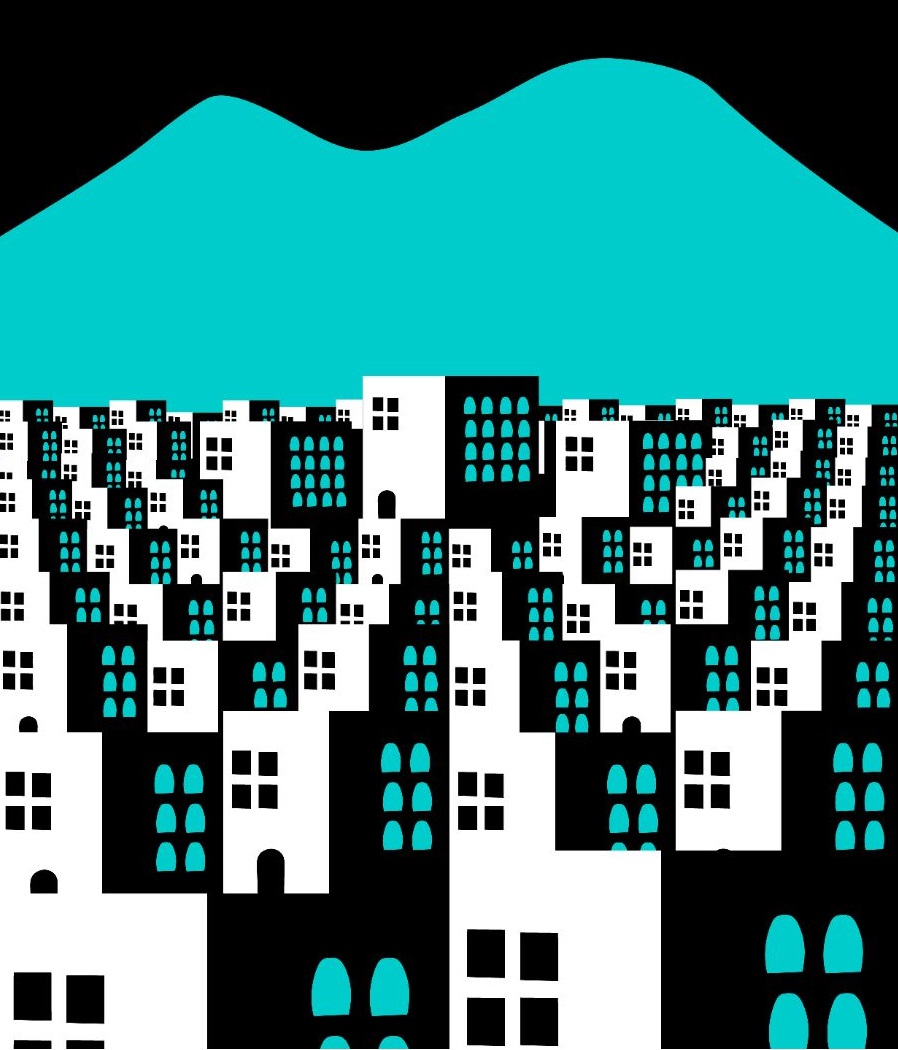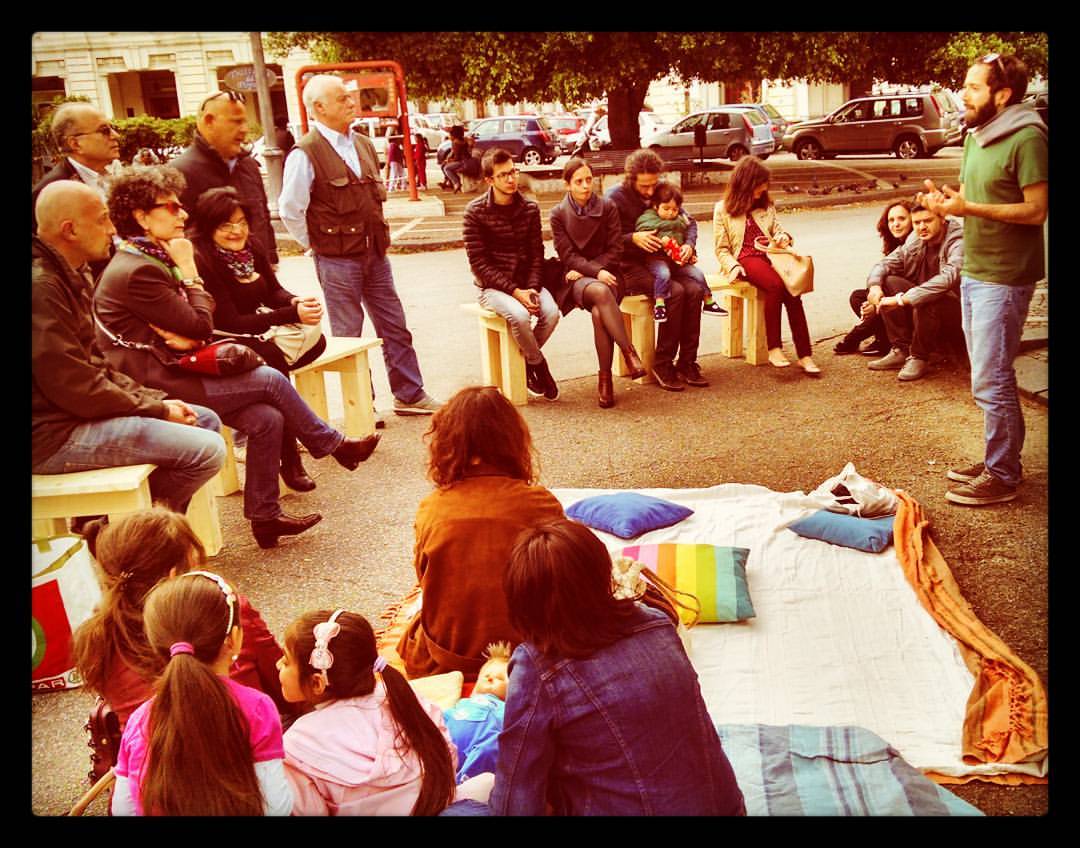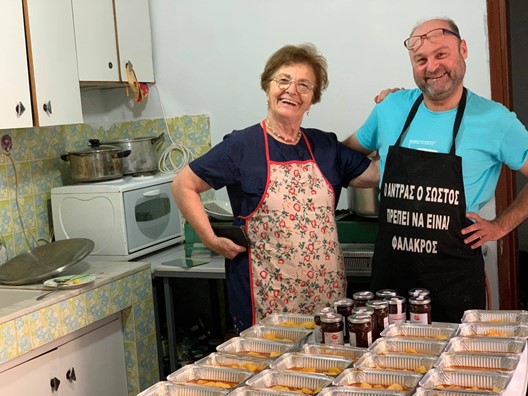The use of the grant would be to organize a workshop in the region of Lyon and gather local stakeholders to discuss the design of pharmaceutical as commons. We also would like to be able to bring several advocates with expertise relevant to the work process from other regions or European countries to participate, and be able to ensure multilingual translation.
Medecine Production Commons Based
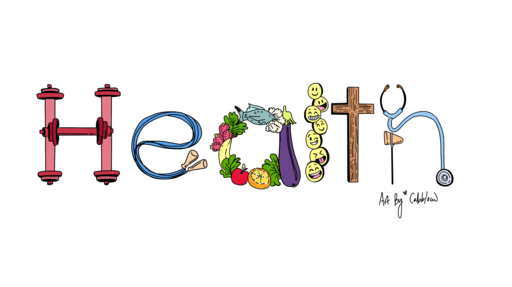
Proposal abstract
Who we are
We are a group of advocates for health and access to medicines, constituted by Remix the Commons and the French collective (Médicaments biens communs (mainly unionists from the pharmaceutical industry).
The need to treat essential health products as commons has appeared to many as a necessity during the COVID19 pandemic. In particular the capacity at regional level in Europe to rely on self-sufficiency for the manufacturing of essential medicines instead of being dependent from a globalized production in a few sites located far away.
In order to change the current dominant model in the pharmaceutical field, alternative need to be developed. We are engaged in a structured collective work process aiming at designing a detailed prefiguration of the production of pharmaceuticals as commons in specific sites (former or current pharmaceutical plants). The objective of this workshop is to advance the discussion convening various stakeholders in the region of Lyon (France).
What we want to do and how we will do it
We would like to organize a workshop in Saint-Genis-Laval (region of Lyon, France). We are already in relation with trade unionists and workers that are from (or in contact with workers from) this pharmaceutical manufacturing plant that used to be run by the company Sanofi. This site is currently facing many challenges, loosing capacities due to the choice in management made by the current owner, a foreign entrepreneur not interested in the existing production capacities. The future of 114 workers is at stake.
This is one of the sites we have chosen as textbook case to focus our working process on in order to design how a production of essential medicines could be organized praticaly as a common. Beside identifying the products that could be manufactured, the economic and technical conditions required in order to do it and the model of governance are at the heart of the project.
The workshop would be the opporuntity to :
– Gather local stakeholders : workers from the plant, health professionals and representatives of health institutions, civil society organizations invovled on health and access to medicines, representatives of the local authorities, etc.
– Present to them the work developed so far on another site and discuss it with them.
– Invite to this exchange advocates from other regions (of France or Europe) to enrich the discussions with other experiences.
– Advance the collaborative work to design a concrete proposal that could serve as an alternative for the future or that site : by discussing the products that could be candidates to production, the means required to do so, and the way the form of governance of the site that could be developed.
How much money do we need and what for?
The contribution of European Municipalist Network will finance the participation of European Activists and health advocates and the plurilingual translation during the workshop and of the documentation. It will have a leverage effect to enlarge the community that supports the project at the European scale.
We would like to support :
1) the participation 5 participants for 300 €/pers = 1 500
2) the interpretors and translators work for 500 €
The total support could be 2 000 €
Why / How does it contribute to /reflects the municipalism principles
The gap between satisfaction of health needs and the state of the pharmaceutical market is the consequence of Neo-liberal industrial and commercial policies (financirasation). The health system we need must instead allow for to:
– produce at fair price while respecting decent social and environmental standards.
– respond as a priority to public health needs and to provide vital products that are essential for the treatment of many patients in an economy commons base: democracy, solidarity and the sharing of knowledge
– take health out of the global market and the power relations of the neo-colonial economy.
Systemic measures are needed to remedy the situation of the right to health today. A system such as the one we are seeking to develop will contribute to a radical transformation of our health system. It will make possible to stop the industrialization of our health system, which mistreats both health-workers and patients.


